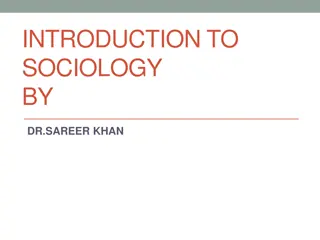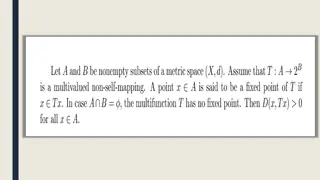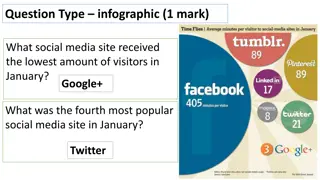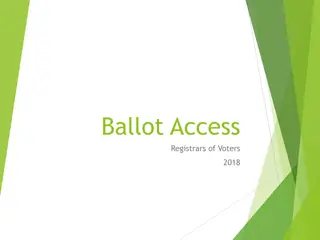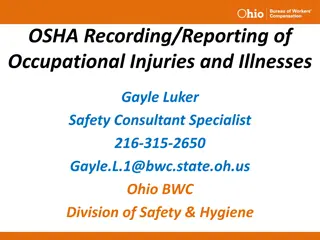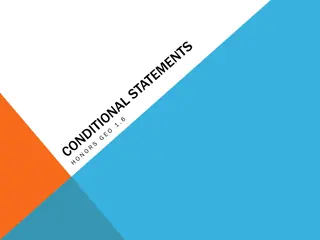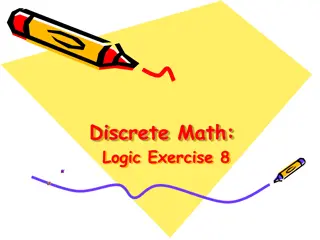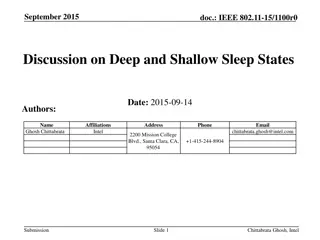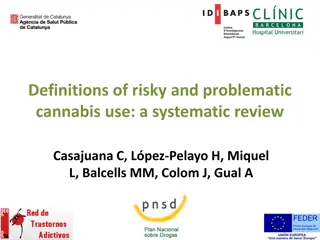
Biconditionals and Definitions in Geometry
Explore the concept of biconditionals in geometry, learn how to write them, identify conditionals, and grasp the key components of a good definition. Practice writing biconditionals based on given conditional statements in geometry.
Download Presentation

Please find below an Image/Link to download the presentation.
The content on the website is provided AS IS for your information and personal use only. It may not be sold, licensed, or shared on other websites without obtaining consent from the author. If you encounter any issues during the download, it is possible that the publisher has removed the file from their server.
You are allowed to download the files provided on this website for personal or commercial use, subject to the condition that they are used lawfully. All files are the property of their respective owners.
The content on the website is provided AS IS for your information and personal use only. It may not be sold, licensed, or shared on other websites without obtaining consent from the author.
E N D
Presentation Transcript
2-3 Biconditionals and Definitions
Biconditional: a single true statement that combines a true conditional and its true converse You can write a biconditional by joining the two parts of each conditional with the phrase if and only if
Problem 1: Writing a Biconditional What is the converse of the following true conditional? If the converse is also true, rewrite the statement as biconditional. If the sum of the measures of two angles is 180, then the two angles are supplementary
What is the converse of the following true conditional? If the converse is also true, rewrite the statement as biconditional. If two angles have equal measure, then the angles are congruent
Problem 2: Identifying the Conditionals in a Biconditional What are the two conditional statements that form this biconditional? A ray is an angle bisector if and only if it divides an angle into two congruent angles.
What are the two conditional statements that form this biconditional? Two number are reciprocals if and only if their product is 1
Important Components of a good definition: Uses clearly understood terms. These terms should be commonly understood or already defined It is precise. Good definitions avoid words such as large, sort of, and almost It is reversible. Meaning you can write a good definition as a true biconditional
Problem 3: Writing a Definition as a Biconditional Is this definition of quadrilateral reversible? If yes, write it as a true biconditional. A quadrilateral is a polygon with four sides
Is this definition of straight angle reversible? If yes, write it as a true biconditional. A straight angle is an angle that measures 180
Problem 4: Identifying Good Definitions Which of the following is a good definition?

